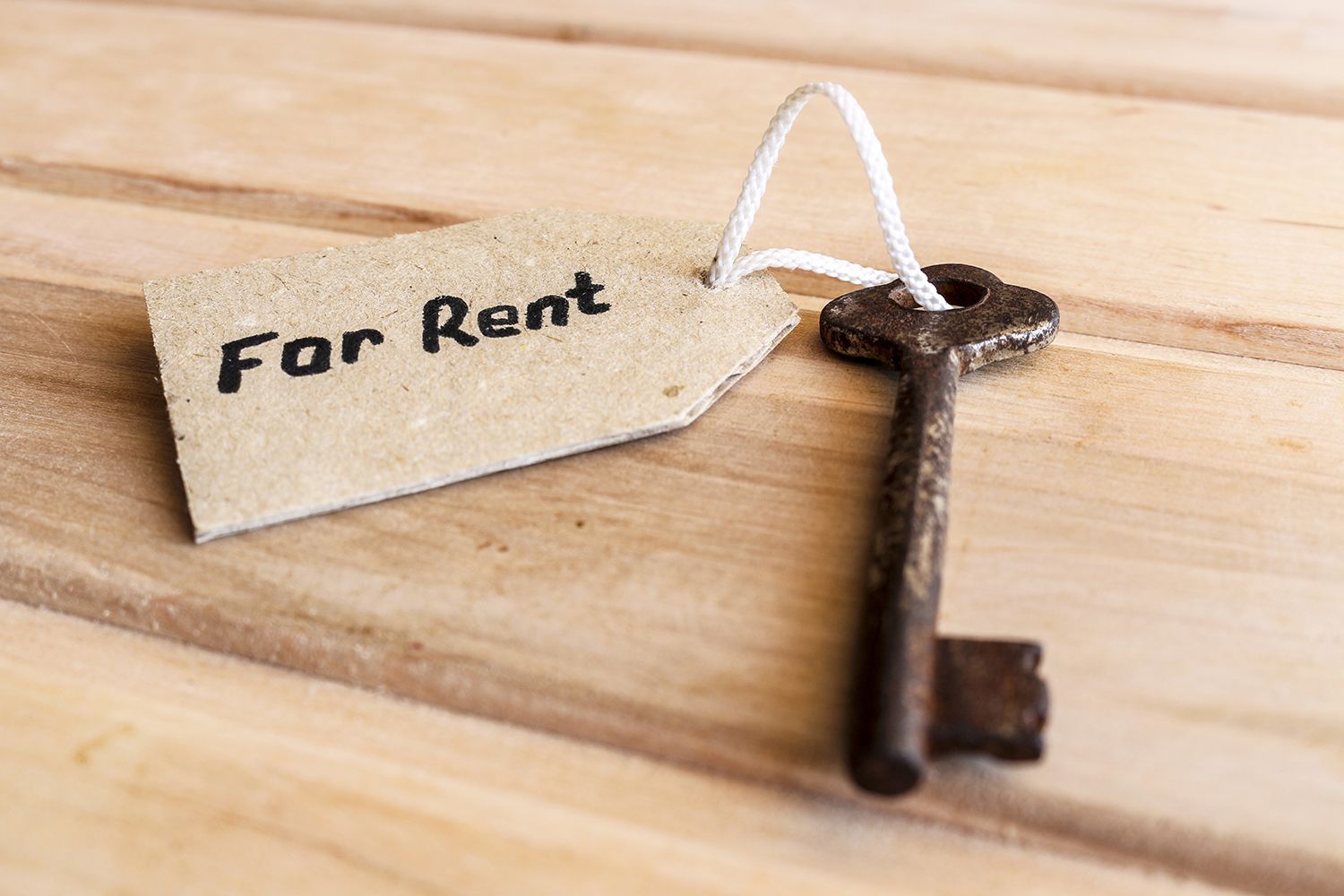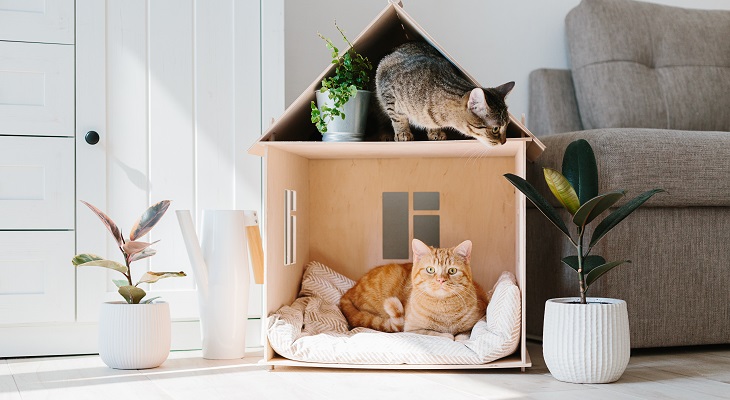Renting: top tips for tenants
November 30, 2020
An overview of renting
More and more of us are renting rather than buying. With rising house prices, first-time buyers are renting for longer in order to afford a property, but the rental market can also be challenging at times. As with most things, it’s much easier once you’re prepared, so here is our guide to surviving the rental market.
Sharing
- Flat shares are often cheaper.
- They’re a great way to make new friends.
- They can be a challenge, especially if you’re not the biggest fan of the person in the next room.
Read our guide to find out more about finding the right flatmate.
Finding the property
- Renting is temporary, so you don’t need to think too far into the future. You can find a property that suits your current lifestyle.
- To find a good rental property, make a list of all the things you require for your lifestyle and search for a property that suits.
- Be sure to prioritise – it’s unlikely you’ll find the ideal property, so think about what is a must and what you can compromise on.
Read our guide on finding the right property for you.
Securing the property
- The rental market moves extremely fast. You need to be proactive in your search.
- Set aside time when you’re available for viewings and ask the lettings agent to take you to a few properties during each appointment, so you can compare them easily.
- When you find a suitable property, be prepared to move quickly and make an offer on the day or the following day.
- Prepare in advance for the next few steps. Ensure you have funds for your deposit and references are ready. Informing the lettings agent that you have these available will put you in a strong position to secure the property.

Deposits
- A rental deposit is an assurance for the landlord in case of any missed or delayed rent or damage to their property. They are typically between four to eight weeks of rent, but check this in advance so you can save the money.
- It is a legal requirement that your deposit is put into a deposit protection scheme, so always check this before signing any contracts.
- When it comes to getting your deposit back, it’s a case of looking after the property while you’re a tenant and reporting any problems. Check the inventory when you first move in and add any existing damage that you notice, making sure it is confirmed by the landlord. Also, take photos when you first move in and when you leave, so you have proof of any previous damage to avoid being penalised. If the property is furnished, remember to take photographs of what is present when you first move in and when you leave. All of this should be recorded on the inventory, so check everything is present and correct.
Insurance
- Tenants can get home contents insurance to cover the cost of their belongings under unforeseen circumstances.
- Most tenants won’t need to worry about buildings insurance as this should be covered by the landlord, but check this before signing for the property.
- You can get home contents insurance if you’re renting a shared property, but find out from the insurer exactly what you need to do to ensure you are covered.
- Tenants can get home contents insurance to cover the cost of their belongings under unforeseen circumstances.
- Most tenants won’t need to worry about buildings insurance as this should be covered by the landlord, but check this before signing for the property.
- You can get home contents insurance if you’re renting a shared property, but find out from the insurer exactly what you need to do to ensure you are covered.




